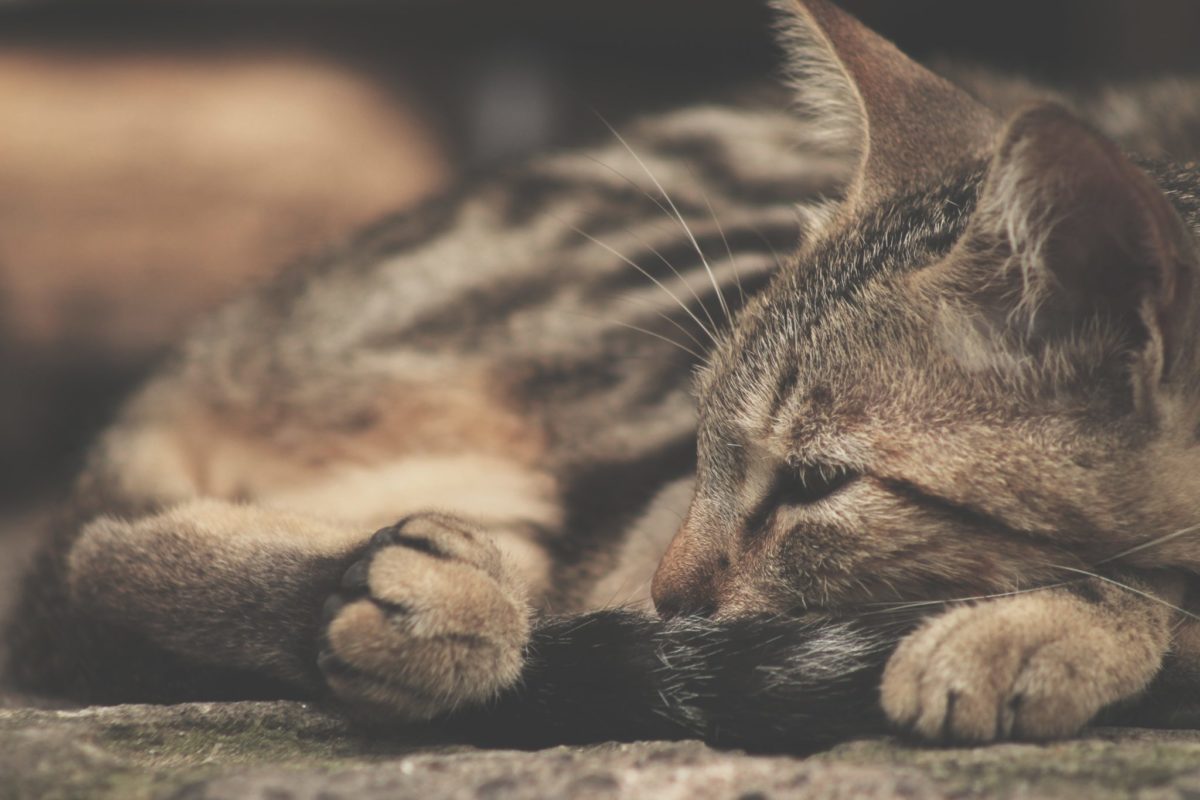Can Cats Get Parvo Or Distemper

Cats do not get or carry the canine parvovirus.
Can cats get parvo or distemper. Fpv can cause disease in house cats wild cats raccoons mink and coatimundis. Parvoviruses do primarily affect kittens and puppies but cats and dogs of any age can be affected if they are unvaccinated or havent previously been exposed. Some years it is more contagious than others and has varying survival rates.
The class of viruses called parvovirus causes both feline distemper and canine parvo diseases. Can kittens get parvo virus. Highly contagious and potentially deadly Parvo in Cats has been on the rise in populations across the world.
It is slightly different than canine parvovirus. Racoons mink skunks and otters can all get both canine distemper and FPV. BUT given that the canine strain is thought to be a mutation of feline parvo questions continue to surface as to whether or not cats are susceptible to contracting canine parvo or at least certain cats or certain strains.
The onset of distemper in cats is usually sudden. While cats and dogs cannot pass distemper to each other many wild animals can get one or both diseases. Mary Fuller a veterinarian from Minneapolis Minnesota.
Its caused by a virus that kills cells that grow and divide quickly in your cats. Feline distemper also known as feline panleukopenia is caused by an extremely contagious and potentially fatal virus called feline parvovirus FPV. For example if a parvo outbreak in an animal shelter takes place there is the possibility of cross-contamination.
Symptoms of parvo in cats includeSymptoms of parvo in cats will often mimic those of an upper respiratory tract infection or severe gastroenteritis in early stages until it is too lateThe best household cleaner to use to kill parvovirus is bleach 1 part bleach to 30 parts waterThe best way to prevent your cat from contracting feline distemper is to vaccinate your cat during her days as a. The feline distemper vaccine can be administered to a kitten as young as 6 weeks old and is often repeatedly given until the kitten is 16 weeks old and then at regular intervals during their adult life. Consequently if a cat has been in contact with a dog who has parvo the cat should be considered potentially contagious and quarantined from other animals for at least several weeks.
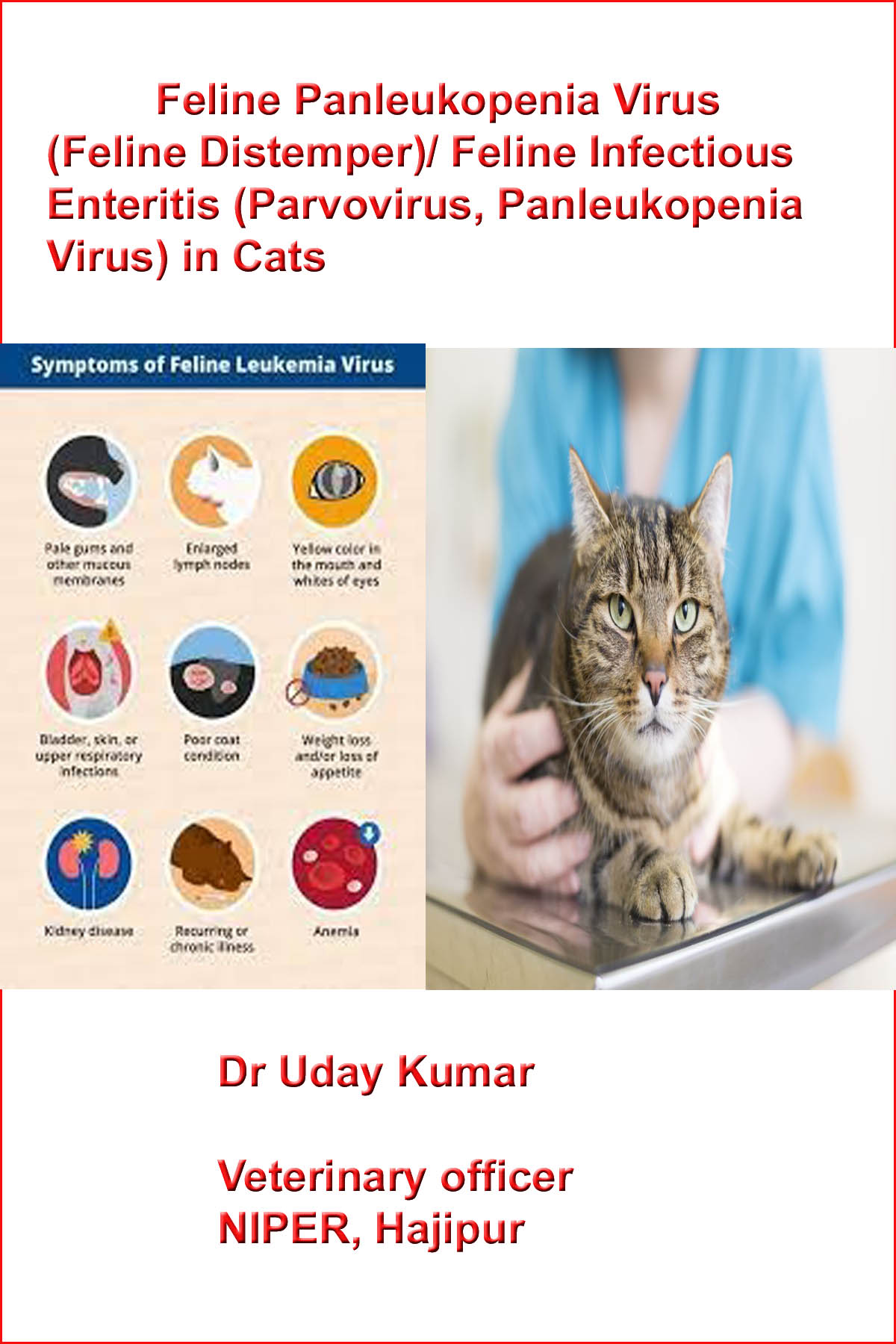
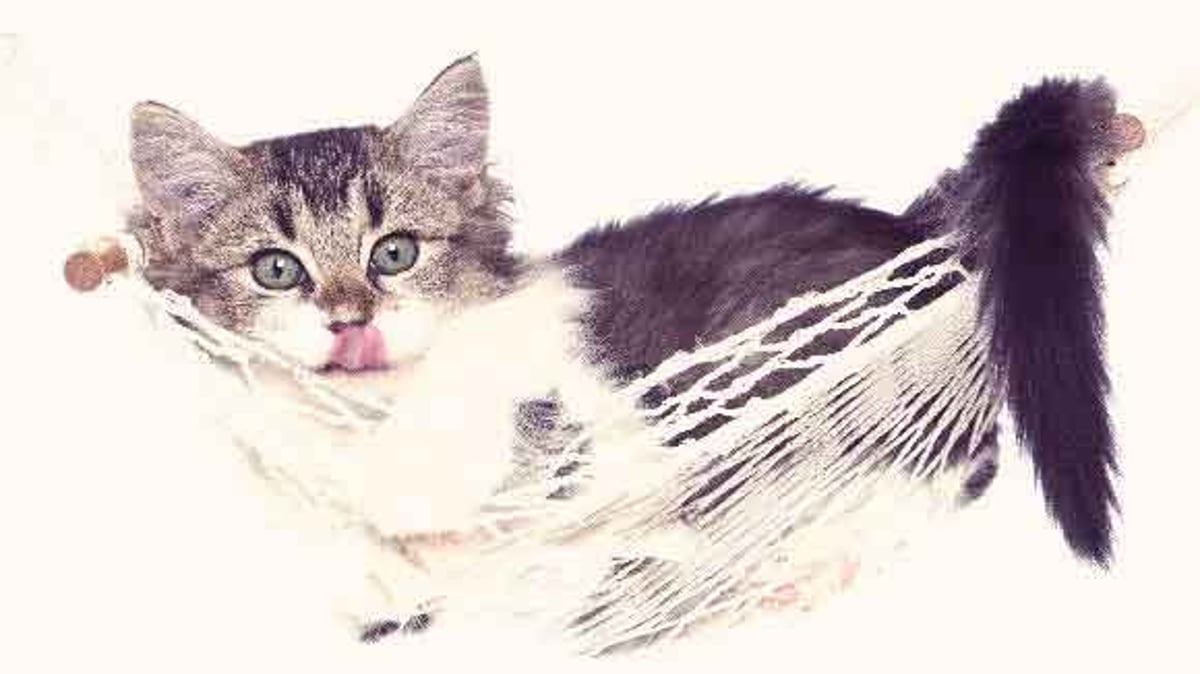
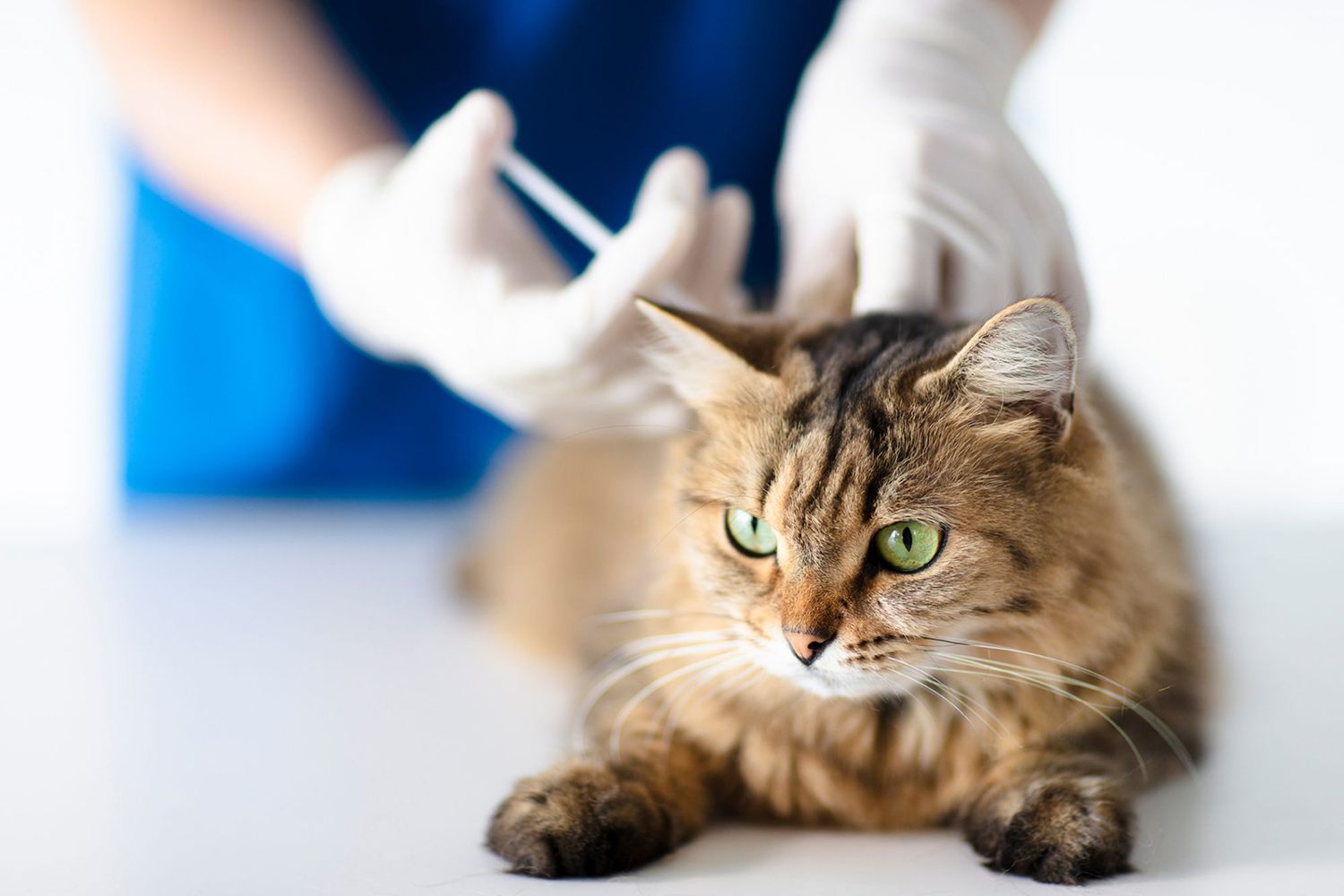

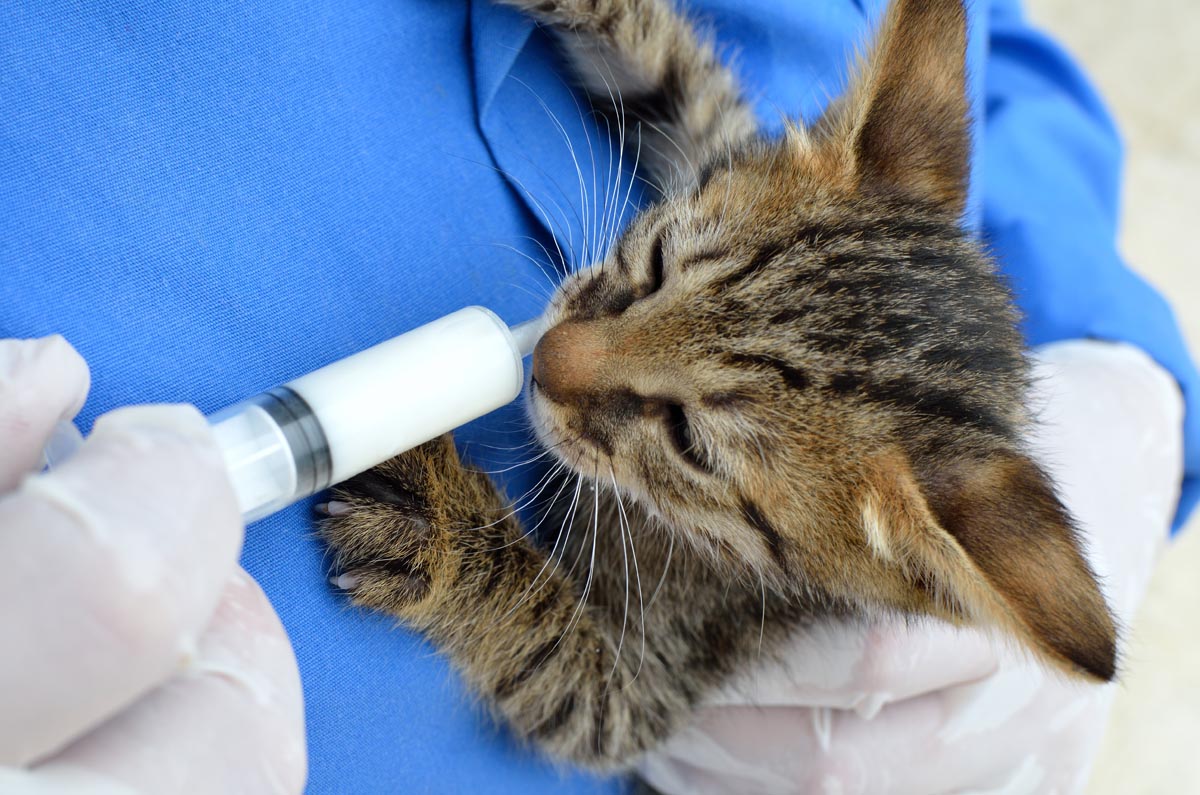

-Step-12.jpg)











